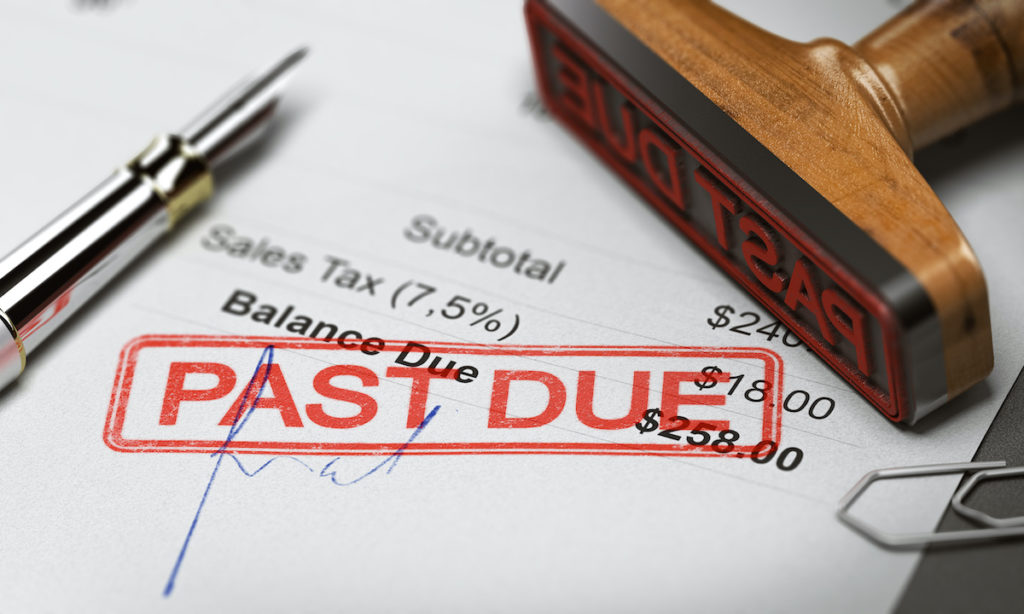Key takeaways
- If you’re facing financial hardship and can’t make your mortgage payments, forbearance could help you avoid foreclosure.
- Mortgage forbearance isn’t for everyone, but it could be the right solution depending on your situation.
- Have more questions about mortgages? Check out our last blog post or contact the Ida Terbet Group today!
Everything You Need to Know About Mortgage Forbearance
If you haven’t read our last blog post, we broke down the difference between forbearance and deferral, two of the most popular programs for buyers who are having trouble paying their mortgages. Today, we’re taking a closer look at forbearance—what it is, how it can help you, and how to know whether it’s the right option for your situation.
Ready to get started? Here’s what you need to know if you’re considering a forbearance plan.
What is forbearance?

In a nutshell, forbearance allows homeowners who are delinquent on their mortgage to defer payments for a specified amount of time, usually around a few months to a year. This can help you avoid foreclosure and maintain your credit while you get back on track.
It’s important to remember that any payments missed during forbearance will have to be made up later on, and interest will still accrue. In fact, before your lender approves a forbearance, you may have to agree to a repayment plan in advance.
What are the pros and cons of forbearance?

On the surface, forbearance seems like a pretty convenient solution if you’re having trouble with your mortgage. While it does have quite a few merits, every forbearance program comes with its own drawbacks, too.
The biggest pro of forbearance is that it allows you to stay in your home and avoid a foreclosure. You also won’t have to deal with a significant blow to your credit score, especially if your lender chooses not to report the forbearance to credit agencies.
While they may be helpful in the short-term, forbearances can have lasting effects on your finances. In some cases, your monthly payment could increase after the forbearance period is over. And the longer the period lasts, the more you’ll eventually have to pay back. Remember—forbearance is not debt forgiveness!
When you should consider forbearance

For many homeowners, forbearance is a last resort to avoid foreclosure or bankruptcy. During late 2020, nearly 7% of home loans in the United States were in forbearance, likely due to the impact of COVID-19. If you’ve found yourself facing temporary financial hardship due to the pandemic, forbearance could be the lifeline you need to get back on track.
You’ll want to avoid forbearance if you’re having long-term issues paying your mortgage. If your financial difficulties don’t stem from a sudden job loss, medical issue, or an unexpected emergency, try discussing other options with your lender.
How to qualify for forbearance

Most lenders will ask for a reason before approving your forbearance. They may also require you to meet certain qualifications or submit a variety of documents to analyze your financial situation. Every lender is different, so don’t be afraid to call them with any questions.
If you have a federally or GSE-backed loan (such as a VA or Fannie Mae mortgage), you automatically qualify for a 180-day forbearance through the CARES Act. The Consumer Financial Protection Bureau also offers more specific information regarding forbearance for loans guaranteed by the government.
Want to Learn More?
If you’re considering forbearance and need more advice, we’re here to help! Get in touch with the Ida Terbet Group to learn even more about mortgages—we’re always here to offer our decades of unmatched expertise.
Thinking of buying or selling your Triangle home? We can certainly help with that, too!
